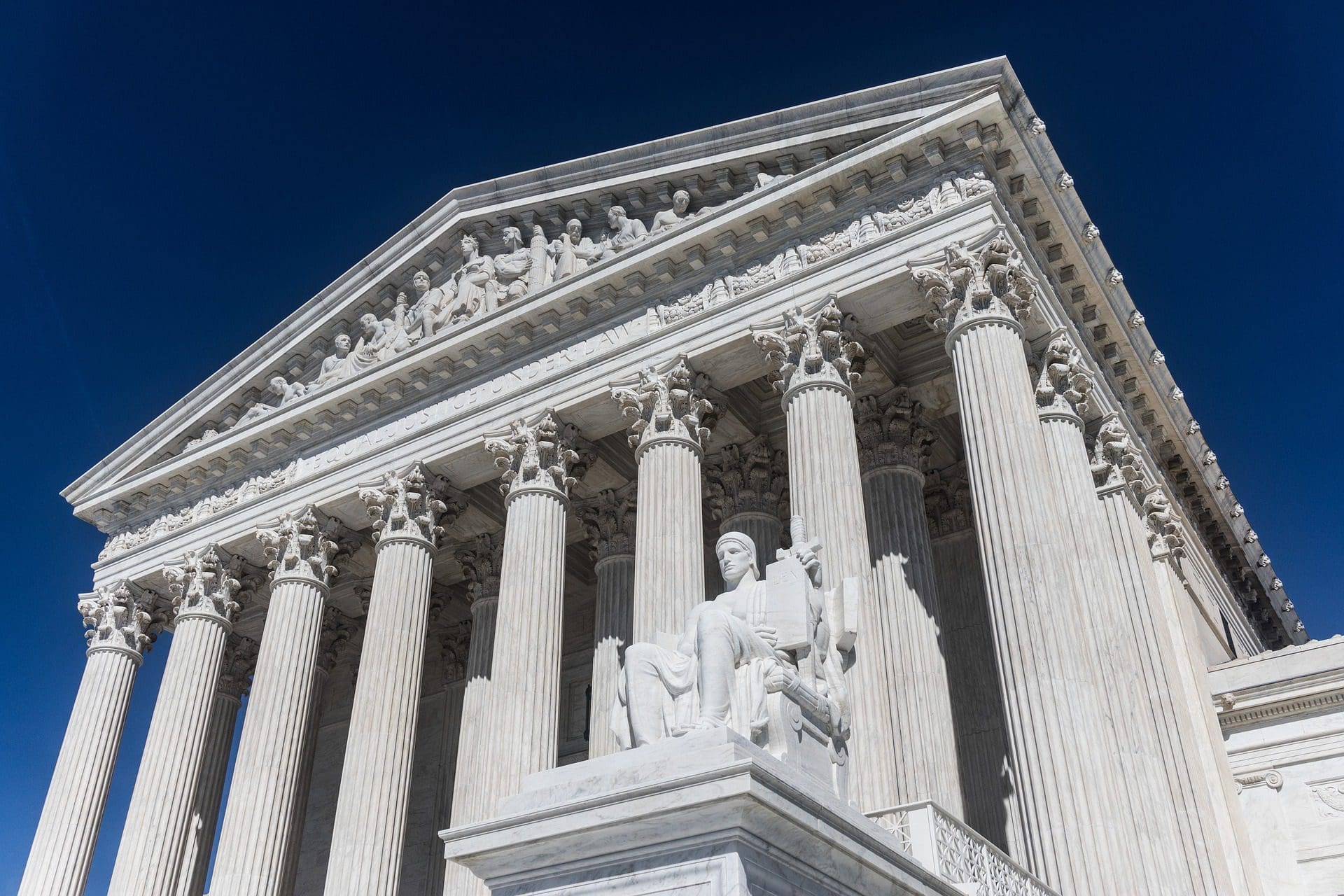The United States Supreme Court is slated to hear oral arguments on November 1 regarding the constitutionality of the Texas Heartbeat Act, which protects lives from abortion after a heartbeat is detected.
The Texas Heartbeat Act took effect on September 1 of this year, despite mounting legal challenges. An emergency injunction was requested against the bill, but the Supreme Court allowed the law to take effect, instantly stopping about 80 percent of abortions in Texas.
On September 9, United States Attorney General Merrick Garland announced that the Department of Justice would be suing the state of Texas for the “unconstitutional” law. As part of the DOJ plan to sue Texas, Robert Pitman, U.S. district judge for the western district of Texas, blocked the Heartbeat Act pending the court ruling from the lawsuit against Texas.
Texas Attorney General Ken Paxton immediately appealed the injunction in the U.S. 5th Circuit Court of Appeals. Pitman’s order only blocked the law for about two days. Since the bill’s wording allows citizens to retroactively litigate violators, most abortion providers aren’t taking any chances.
On Friday, The U.S. Supreme Court refused a request by Biden’s Justice Department to block the law pending a final ruling by the court. SCOTUS said they will hear an appeal.
This is uncharacteristically hasty for the Supreme Court, which may indicate they intend to make a ruling on the constitutionality of the Heartbeat Act soon.
“This is a great development for the pro-life movement because the law will continue to save an estimated 100 babies per day, and because the justices will actually discuss whether these lawsuits are even valid in the first place,” said Kimberlyn Schwartz, a spokesperson for Texas Right to Life.





